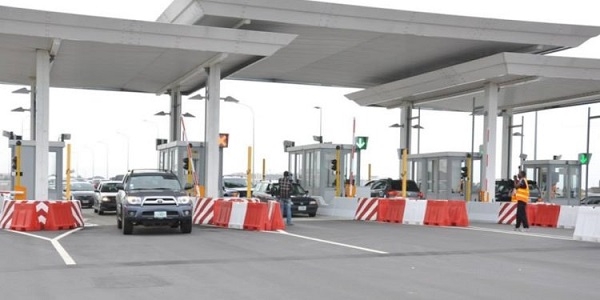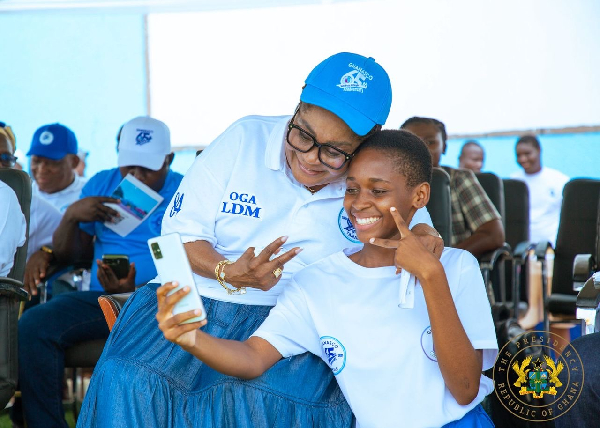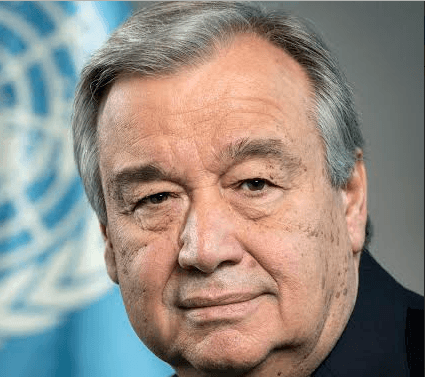In a strategic move to unlock the full potential of Nigeria's diaspora remittances, the Central Bank of Nigeria (CBN), in collaboration with the Nigeria Inter-Bank Settlement System (NIBSS), has launched the Non-Resident Bank Verification Number (NRBVN) platform. This initiative, spearheaded by CBN Governor Mr. Olayemi Cardoso, aims to significantly enhance the flow of funds from Nigerians abroad to their home country by addressing long-standing hurdles. Cardoso, recognizing Nigeria's remittance inflow as below its potential, has actively engaged with Nigerians living overseas to understand and mitigate the challenges they face in sending money home. The NRBVN is a direct response to these difficulties, offering a streamlined process for diaspora Nigerians to send money to their families or invest across various economic sectors.
A Global Remittance Landscape
Nigeria's aspirations in diaspora remittances are set against a backdrop of impressive global figures. In 2024, India recorded a staggering $129.4 billion in remittances, exceeding $100 billion for the third consecutive year. Mexico also saw a new historical maximum, receiving $64.745 billion, marking 11 consecutive years of growth since 2014. The Philippines reported a record high of $38.34 billion in personal remittances from overseas Filipinos in 2024, representing 8.3% of the country's GDP. Similarly, Pakistan achieved its highest annual remittance total ever, reaching $34.1 billion in 2024, a 32% increase from the previous year.
These figures highlight the significant economic impact of remittances, which, as a percentage of GDP, play a major role in many economies globally. In 2023, remittances accounted for a substantial portion of GDP in countries like Tonga (41%), Tajikistan (39%), Lebanon (31%), Samoa (28%), and Nicaragua (27%). With an estimated 35.4 million Indians in the diaspora, reportedly the world's largest, their consistent remittances demonstrate the vast potential for economies to benefit from their citizens abroad.
Nigeria's Diaspora and Untapped Potential
Nigeria boasts a vast global diaspora, with the Nigerians in Diaspora Commission estimating around 20 million Nigerians residing in various countries. Significant populations, ranging from 3 to 3.5 million, are estimated to be in the United States, United Kingdom, China, and South Africa, alongside a growing presence in Gulf countries like the United Arab Emirates. Nigerian professionals are particularly prominent in the US (461,895), UK (312,000), and Canada (115,465). The Nigerian community in the United States is renowned as one of the most educated and successful immigrant groups, boasting a high rate of PhD holders – a testament to the "can-do" spirit of the average Nigerian.
Despite this impressive human capital, Nigeria's 2024 diaspora remittances stood at $20.93 billion, a modest increase from $19.5 billion in 2023, which constituted 35% of Sub-Saharan Africa's total remittances according to the World Bank. Governor Cardoso's objective is to significantly push these figures upward, aligning Nigeria's remittance inflows closer to its true potential.
The NRBVN: A Game-Changer for Financial Inclusion
Governor Cardoso's decision to launch the Non-Resident Bank Verification Number (NRBVN) platform serves multiple critical purposes. In partnership with NIBSS, the NRBVN is poised to be a game-changer in expanding financial services access for Nigerians in the diaspora. It allows Nigerians abroad to obtain a BVN without needing to physically return to Nigeria, thereby saving time and costs, and enabling secure access to accounts, remittances, and investments.
The platform is designed with insights from successful diaspora banking models in India and Pakistan, demonstrating how tailored, accessible systems can drive both financial inclusion and economic inflows. The NRBVN is underpinned by a holistic framework, complemented by the CBN's rollout of Non-Resident Ordinary and Investment Accounts, offering diaspora Nigerians access to a range of financial products including debt, equity, mortgage, insurance, and pension schemes.
Safe, Compliant, and Forward-Looking
The NRBVN is built on robust Know Your Customer (KYC) and Anti-Money Laundering (AML) standards, ensuring full compliance without sacrificing accessibility or ease of use. Through this initiative, the CBN is actively encouraging banks to develop products specifically tailored for the diaspora market. It also extends an invitation to International Money Transfer Operators (IMTOs) and FinTech companies to integrate with the NRBVN platform, further expanding user access and streamlining the remittance process.
As Governor Cardoso articulated at the 300th Monetary Policy Committee (MPC) briefing, the NRBVN launch is merely the beginning of a continuous journey of innovation. The CBN has invited all stakeholders to contribute insights and collaborate in refining the system for future growth, demonstrating a commitment to adaptability and improvement.
Bridging the Gap and Boosting the Economy
A key commitment of the CBN is to lower remittance costs, which remain notably high in Sub-Saharan Africa. The CBN is dedicated to reducing these costs, ensuring that a larger portion of the transferred funds reaches Nigerian families rather than being absorbed by middlemen. The initiative ensures that "no matter where they live, Nigerians abroad stay connected, empowered, and confident in contributing to Nigeria’s future."
Higher remittances are expected to significantly shore up the nation’s Gross Domestic Product (GDP), boosting the economy and allowing Nigerians abroad to participate more effectively in their home country's economic activities – a long-held passion for many. Historically, about 60% of past remittances have gone towards personal family upkeep, indicating that increased inflows will directly contribute to poverty reduction.
At the official unveiling of the NRBVN, Governor Cardoso hailed it as a "Game changer," asserting that Nigerians abroad will no longer face obstacles in opening bank accounts or sending money home. He acknowledged the past frustrations, stating, "For years, our diaspora has faced steep hurdles—physical verification, limited access, and high transaction costs. With the NRBVN, we will eliminate those barriers and give every Nigerian abroad the chance to participate meaningfully in our economy."
Muhammad Sani Abdullahi, CBN Deputy Governor for Economic Policy, echoed these sentiments, describing the NRBVN as a transformative step in bridging the gap between Nigeria’s global citizens and the domestic financial system. He emphasized that the initiative is "more than just a technological innovation—it is a bold reaffirmation of our commitment to financial inclusion, economic resilience, and national pride." Abdullahi urged collaboration, stating, "We are building a bridge—one that is secure, inclusive, and dynamic. And we need your feedback, your voices, and your ideas to make it truly world-class.”
Premier Oiwoh, Managing Director/CEO of NIBSS, confirmed that the initiative is already live, with over 27 commercial banks participating and more than 300 applications received from Nigerians in the diaspora at launch. He assured stakeholders that data privacy concerns have been comprehensively addressed within the system’s design.
Mrs. Abike Dabiri-Erewa, Chairperson of the Nigerians in Diaspora Commission (NIDCOM), lauded the initiative as a "new dawn" for the economy, particularly for diaspora Nigerians who have long faced significant challenges in accessing and participating in their home country’s financial system.
What other avenues could the CBN explore to further incentivize and facilitate diaspora investments beyond remittances?








